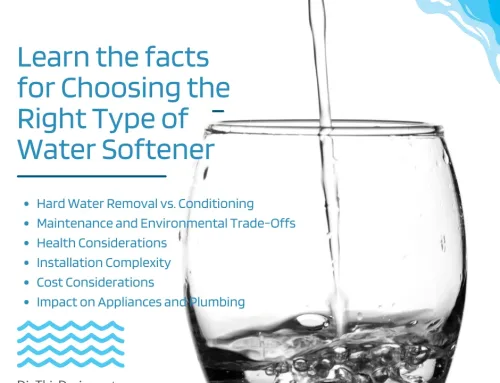Plumbing leaks can be a major dilemma for a household. Even a tiny leak can cause significant damage to your property and may result in high water bills if left untreated. Not to mention, leaking pipes can be costly and inconvenient.
Turning off the water supply or your faucet is the best way to prevent plumbing leaks from seriously damaging your home. Although it may seem like a challenging issue that only professional plumbers can fix, there few things to note to prevent water leaks.
There are also ways to monitor water flow in your home that will help prevent leaks. Several companies provide various solutions for plumbing problems, from conducting routine checks to installing gadgets like bluebot. This article will highlight a few helpful tips to prevent leaky pipes at home. Read on to learn how.
How to Avoid Plumbing Leaks

1. Regularly Check For Plumbing Leaks
Whether you do this yourself or hire a professional, maintenance checks can guarantee you an excellently-working water system in the long run. Doing regular inspections can help you identify potential causes for plumbing leaks so you can prevent any further issues from happening. For example, get your boiler checked and regularly serviced by a Safe Gas engineer and make sure there are no leaky combi-boilers.
2. Install A Water Softener
Installing a water softener is essential, especially if magnesium and calcium deposits are in the pipes. These substances may lead to corroding and leaking pipes. Therefore, it is best to find an expert plumber to inspect your water system at home and recommend the appropriate water softener you can install to meet your needs.
3. Repair Water Leaks
Whenever you detect plumbing leaks, shut the water at the mains first and then trace the leaks. Depending on the severity of the leaks, you can tighten the loose connection. But if you realize the damage is more serious, it is best to call an expert to fix the problem or replace the damaged component.
4. Maintain Your Plumbing
Have your plumbing inspected and maintained by a professional plumber annually. Doing this will help identify potential issues before they escalate. In the long run, it keeps you from experiencing utilizing professional services in terms of high-water bills.
5. Be Aware Of Your Water Usage
When you notice an increase in your water bill, it indicates there could be leakage. Adopt a routine of checking your taps regularly to ensure that they’re tightly closed. It’s also a good practice to monitor how much water you use while doing the laundry or cleaning the dishes. It is also best to monitor your water usage as you water your plants outside. It’ll help you detect any changes in your water bills and can also serve as an alert to check for leaks.
6. Do Not Use Commercial Grade Cleaners
Commercial-grade cleaners can be harsh on your home’s plumbing and can directly destroy your pipes, regardless of their type and material. You may resolve to these commercial cleaners because they are less costly and sometimes more effective. However, it indirectly contributes to the wear and tear on your plumbing system as the chemicals can be harsh on the pipes. Your water pipes can thin out or be entirely damaged.
7. Pay Attention To Plumbing Equipment
Equipment like seals and hoses do not last long. Check the hoses of appliances such as refrigerators, dishwashers, and washing machines for small rips or holes. Repair and replace as soon as you find spots.
10. Take Care Of Your Lawn
Overgrown trees and bushes in your yard are not only a horrible sight to behold, but they can clog your pipes and cause plumbing problems. Taking care of your lawn may seem tedious, but it prevents blockages from pipes underneath the ground. It also allows you to check leaks from lines outside your house.
11. Check The Pipe Seals
Pipes have waterproof seals that are connected to the components of the plumbing system, but they may not be durable. When you see puddles around your device, it indicates that the seals are damaged and need replacement. Contact a plumber to fix the issue before the problem gets out of hand.
12. Check The Water Pressure
Adequate water pressure may be necessary if you have a shower. However, it can make your pipes rough and cause plumbing leaks. To determine if the water pressure, you can install a gauge to the hose or faucet alongside the water meter. Generally, the home water pressure must not go beyond 80 psi. In such cases, a water pressure regulator can help.
13. Install a Sump Pump
Basements are the first place to flood when a big storm hits, so if you live in an area with a rainy climate, invest in a sump pump to prevent basement flooding. These devices collect water rising from the ground and pump it out using pipes running through the basement floor. Sump pumps are an excellent option to prevent the adverse effects of flooding because they turn on automatically when there’s too much water in the basement.
In Conclusion
Water leaks happen at the most inconvenient of times, and one of the ways to keep up-to-date with your plumbing situation is by regularly checking for leaks. Enlist the help of a professional when installing your home’s plumbing system and invest in a water alarm that will immediately notify you whenever there’s a problem. And by following the tips above, you can prevent major damage to your plumbing system and home.
Other posts you might enjoy:
5 Plumbing Maintenance Mistakes to Avoid





